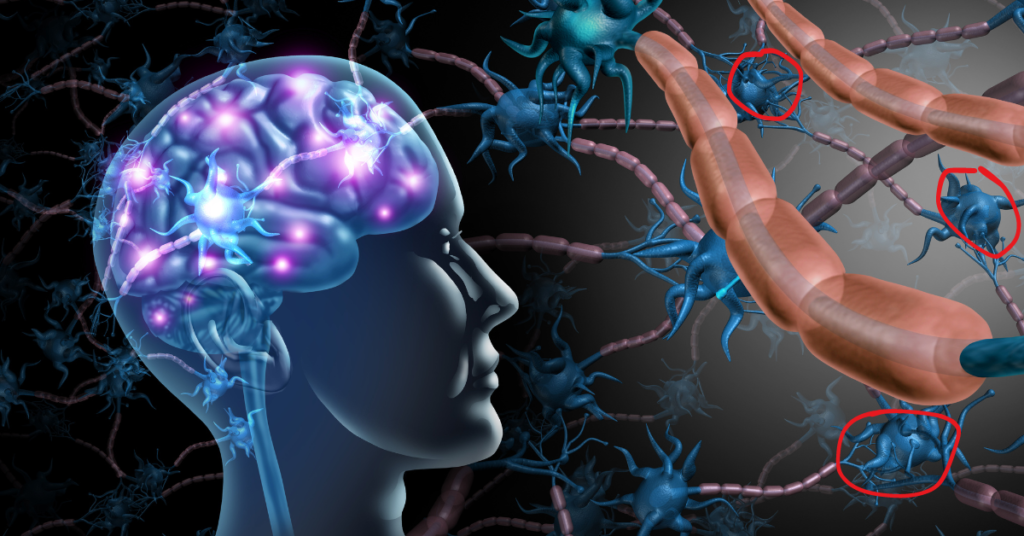Obesity is a growing global health concern, but scientists have identified several effective strategies to combat this issue and achieve sustainable weight loss. This article delves into the best ways to beat obesity and lose weight according to scientific research.
Understanding Obesity
Obesity is a complex condition characterized by excessive body fat. It is associated with numerous health risks, including heart disease, diabetes, and certain cancers. Combating obesity requires a multifaceted approach that addresses diet, physical activity, and lifestyle factors.
Key Strategies to Beat Obesity and Lose Weight
1. Adopt a Whole-Food, Plant-Based Diet
A whole-food, plant-based diet emphasizes fruits, vegetables, whole grains, and legumes while minimizing processed foods, sugars, and animal products. This type of diet is rich in fiber, vitamins, and minerals, which can help reduce calorie intake and promote weight loss.

Scientific Evidence:
Research published in The Journal of the American College of Nutrition found that individuals following a plant-based diet experienced significant weight loss compared to those on conventional diets. The high fiber content helps with satiety, reducing overall calorie consumption.
Implementation Tips:
- Fill half your plate with vegetables at each meal.
- Choose whole grains like quinoa, brown rice, and oats.
- Incorporate beans, lentils, and tofu as protein sources.
- Limit processed foods and sugary beverages.
2. Regular Physical Activity
Physical activity is crucial for weight loss and maintaining a healthy weight. It helps burn calories, build muscle, and improve overall health. The Centers for Disease Control and Prevention (CDC) recommends at least 150 minutes of moderate-intensity aerobic activity or 75 minutes of vigorous-intensity activity each week.

Scientific Evidence:
A study published in The American Journal of Clinical Nutrition demonstrated that combining aerobic exercise with resistance training is highly effective for reducing body fat and improving metabolic health.
Implementation Tips:
- Start with activities you enjoy, such as walking, cycling, or swimming.
- Gradually increase the intensity and duration of your workouts.
- Incorporate strength training exercises like weight lifting or body-weight exercises.
- Stay consistent and make physical activity a regular part of your routine.
3. Behavioral Interventions
Behavioral interventions involve strategies to change eating and activity habits. These can include self-monitoring, setting realistic goals, and developing coping mechanisms for stress and emotional eating.

Scientific Evidence:
A review in Obesity Reviews highlighted the effectiveness of behavioral interventions in weight management. Techniques such as goal setting, self-monitoring, and cognitive-behavioral therapy (CBT) have been shown to promote long-term weight loss.
Implementation Tips:
- Keep a food diary to track your eating habits.
- Set specific, achievable goals for diet and exercise.
- Identify triggers for unhealthy eating and develop coping strategies.
- Seek support from a therapist or weight loss group if needed.
4. Intermittent Fasting
Intermittent fasting involves cycling between periods of eating and fasting. Common methods include the 16/8 method (fasting for 16 hours and eating within an 8-hour window) and the 5:2 method (eating normally for five days and restricting calories for two days).

Scientific Evidence:
Research in The New England Journal of Medicine found that intermittent fasting can lead to weight loss, improved metabolic health, and reduced risk of chronic diseases. Fasting periods help the body burn fat more efficiently.
Implementation Tips:
- Choose a fasting schedule that fits your lifestyle.
- Start with shorter fasting periods and gradually increase them.
- Stay hydrated and eat nutrient-dense foods during eating periods.
- Avoid overeating during non-fasting periods to maximize benefits.
5. High-Intensity Interval Training (HIIT)
HIIT involves short bursts of intense exercise followed by rest or low-intensity periods. This type of training is time-efficient and effective for burning calories and improving cardiovascular health.

Scientific Evidence:
A study published in The Journal of Obesity found that HIIT is more effective for reducing abdominal fat and improving overall fitness compared to traditional moderate-intensity exercise.
Implementation Tips:
- Incorporate HIIT workouts into your routine two to three times per week.
- Start with exercises like sprinting, cycling, or body-weight circuits.
- Keep intervals short (20-30 seconds) with longer rest periods (1-2 minutes).
- Gradually increase the intensity and duration of your intervals.
6. Adequate Sleep
Quality sleep is essential for weight management. Poor sleep can disrupt hormones that regulate hunger and appetite, leading to overeating and weight gain.

Scientific Evidence:
Research in Sleep journal found that individuals who sleep less than seven hours per night are more likely to be overweight or obese. Adequate sleep helps regulate hormones like leptin and ghrelin, which control hunger and satiety.
Implementation Tips:
- Aim for 7-9 hours of sleep per night.
- Establish a regular sleep schedule and stick to it.
- Create a relaxing bedtime routine and avoid screens before bed.
- Make your sleep environment comfortable and conducive to rest.
7. Mindful Eating
Mindful eating involves paying attention to the sensory experience of eating and recognizing hunger and fullness cues. This practice can prevent overeating and promote healthier food choices.
Scientific Evidence:
A study in Appetite journal showed that mindful eating practices are associated with lower body weight and healthier eating behaviors. Mindful eating helps individuals develop a better relationship with food and reduce emotional eating.
Implementation Tips:
- Eat slowly and savor each bite.
- Eliminate distractions, such as TV or smartphones, during meals.
- Listen to your body’s hunger and fullness signals.
- Practice gratitude and appreciation for your food.
8. Stress Management
Chronic stress can contribute to weight gain by triggering emotional eating and increasing levels of the hormone cortisol, which promotes fat storage.
Scientific Evidence:
A review in Psychoneuroendocrinology highlighted the link between chronic stress and obesity. Stress management techniques like meditation, yoga, and deep breathing can reduce cortisol levels and promote weight loss.
Implementation Tips:
- Practice relaxation techniques such as deep breathing, meditation, or yoga.
- Engage in hobbies and activities that you enjoy and that help you relax.
- Seek support from friends, family, or a therapist to manage stress.
- Incorporate regular physical activity to help reduce stress.
9. Medical Interventions
In some cases, medical interventions such as prescription medications or bariatric surgery may be necessary for individuals with severe obesity.
Scientific Evidence:
The Journal of the American Medical Association (JAMA) reports that medical interventions can be effective for significant weight loss in individuals with severe obesity. These interventions should be considered when lifestyle changes alone are insufficient.
Implementation Tips:
- Consult with a healthcare provider to determine if medical interventions are appropriate.
- Follow the prescribed treatment plan and attend regular follow-up appointments.
- Combine medical interventions with lifestyle changes for the best results.
- Be aware of the potential risks and benefits of medical treatments.
10. Personalized Nutrition
Personalized nutrition involves tailoring dietary recommendations to an individual’s genetic, metabolic, and lifestyle factors. This approach can optimize nutrient intake and support weight loss.
Scientific Evidence:
A study in Cell Metabolism found that personalized nutrition plans based on genetic and metabolic data can lead to more effective weight loss and improved metabolic health compared to standard dietary recommendations.
Implementation Tips:
- Consider genetic testing or metabolic assessments to determine your unique nutritional needs.
- Work with a registered dietitian or nutritionist to develop a personalized eating plan.
- Monitor your progress and adjust your plan as needed based on your response.
- Stay informed about new research and advancements in personalized nutrition.
Conclusion
Combating obesity and achieving sustainable weight loss requires a comprehensive approach that includes dietary changes, regular physical activity, behavioral interventions, and lifestyle modifications. By adopting scientifically proven strategies and staying committed to your goals, you can overcome obesity and improve your overall health. Always consult with healthcare professionals before starting any new weight loss program to ensure it is safe and appropriate for your individual needs.

